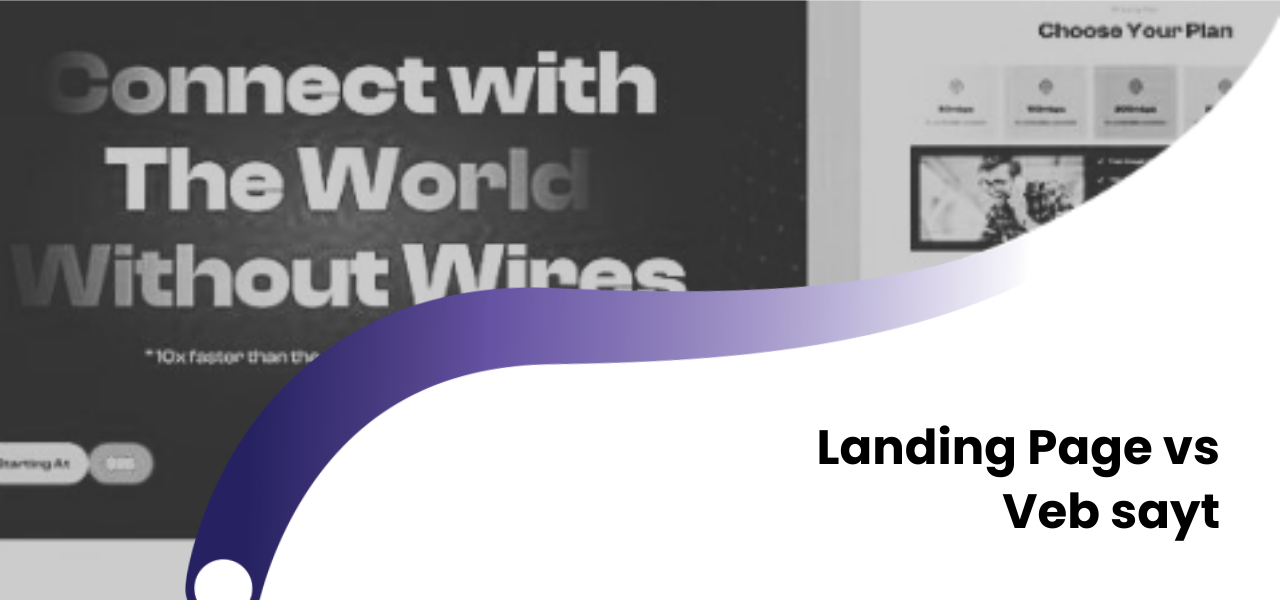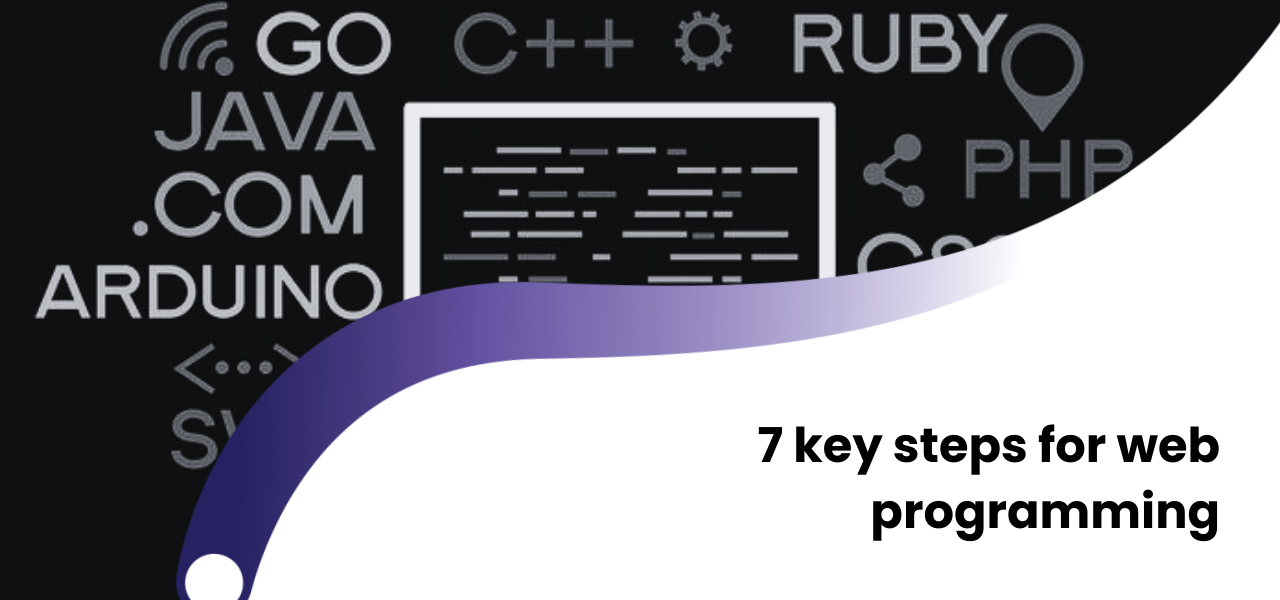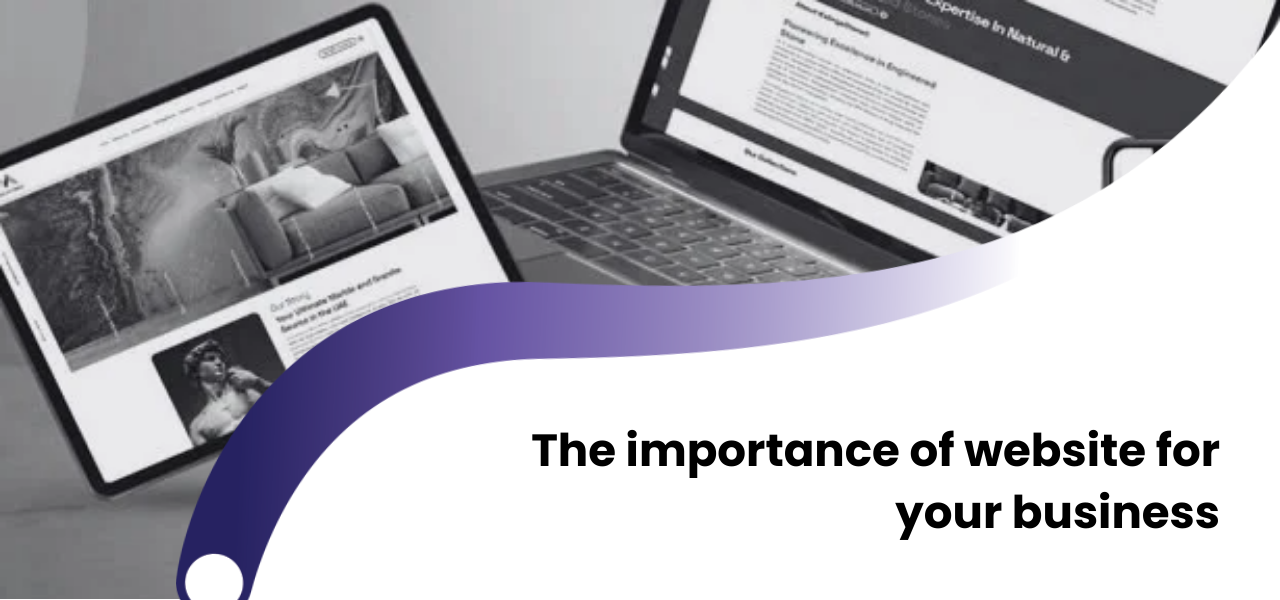Many entrepreneurs think they are the same thing. However, in terms of purpose, structure, and user experience, these two concepts are very different. Let’s go step by step to explain these differences.
What is a Landing Page?
A landing page is a specifically designed page where users arrive after clicking on online ads, social media promotions, or email marketing campaigns. Its main purpose is to increase conversions, meaning to get users to take a specific action such as:
Sign up
Purchase a product
Request a demo
Subscribe
Fill out a form
Simply put, a landing page is a goal-oriented page. There are no extra menus, unnecessary links, or distracting elements. Once a visitor lands there, they should see a single message and be directed to take one specific action.
Example: You launch an ad campaign on Facebook or Google. When a customer clicks the ad, they are taken directly to your landing page. The page only contains your campaign message, the product offer, and a clear “Sign Up Now” button.
What is a Website?
A website is considered the digital home of a business. It usually consists of multiple pages and presents information about the company, its products, services, blog, and contact details.
The main purpose of a website is to inform and strengthen brand image. Here, users can browse different pages, explore product catalogs, read blog articles, and get comprehensive details about your company.
Key features of a website:
Multi-page structure
Navigation menu
Blog and articles
Product and service catalog
About Us page
Contact section
Example: On your website, you present all your services, previous projects, customer testimonials, blog posts, and contact forms. This builds your brand image and gives users reasons to trust your company.
Main Differences: Landing Page vs Website
Let’s compare them side by side:
Landing Page → Conversion-focused, temporary, single goal, minimal navigation.
Website → Informational, brand-building, permanent, multi-page structure.
Why is it Important to Know the Difference?
Choosing the wrong approach may affect your results:
If you send users from ads directly to your website, they may get lost in too much information and leave without taking action.
On the other hand, if you rely only on landing pages without a website, customers might not take you seriously because they cannot find enough information about your company.
Best strategy:
Website is your main digital platform.
Landing Page supports specific advertising and sales campaigns.
SEO and Traffic Differences
Websites are typically built with SEO optimization in mind. To appear on Google or Bing search results, you need multiple pages, blog posts, and keyword-rich content.
Landing pages are usually not designed for SEO but for paid traffic conversion. They are often short-lived and used only during campaigns.
UX (User Experience) Differences
Website: Provides users with easy navigation, interactive elements, and a richer browsing experience.
Landing Page: Minimal design, one message, one call to action, one outcome.
When Should You Use a Landing Page?
New product launches
Limited-time campaigns (discounts, promo codes)
Directing traffic from ad campaigns
Collecting registrations or subscriptions
Offering demos or consultations
When is a Website Essential?
General brand presentation
Building credibility and trust
SEO and organic traffic growth
Showcasing multiple services/products
Running blogs and content marketing
Conclusion
Both landing pages and websites are important in their own ways. Neither should replace the other. A website ensures your long-term digital presence, while a landing page drives short-term, campaign-specific results.
Successful businesses use both together to strengthen brand image and increase sales.
FAQ
 +994512060920
+994512060920





